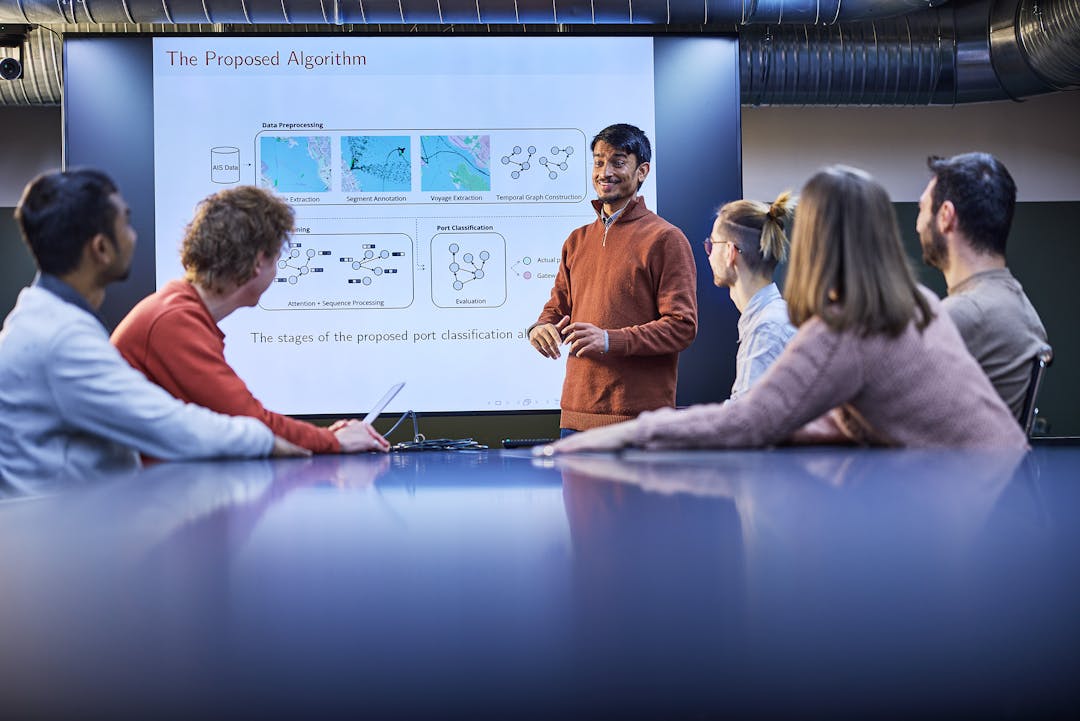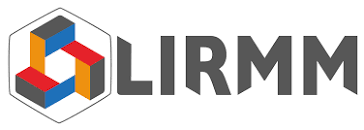Validation Intelligence for Autonomous Software Systems
Autonomous software systems, such as self-driving cars, autonomous ships and collaborative robots, are characterised by their ability to plan, schedule and execute complex tasks with limited human intervention. As we become increasingly reliant on these systems, it is crucial that we have means of validating and verifying their robustness, reliability, safety and security.
The Validation Intelligence for Autonomous Software Systems (VIAS) department mission is to automate the validation of intelligent autonomous systems using trustworthy artificial intelligence (AI).
"The VIAS team tackles fundamental research problems in software validation of intelligent systems, with a particular focus on industrial applications. In all our research, industrial impact is paramount."
- Dr. Arnaud Gotlieb, head of the VIAS department
Focus areas
Autonomous systems are finding applications in areas ranging from transport to healthcare, and industrial automation. As our reliance on them grows, so too does the importance of developing software testing to check their expected reliability and safety properties, and to ensure appropriate cyber-surveillance.
Traditional validation methods are prone to human error as well as being time-consuming and expensive, and they have limitations when it comes to testing autonomous systems – for example, they do not allow for continuous testing to keep pace with software evolution. Also, as systems become more complex and adaptable and demonstrate emergent behaviours, manually testing every system state becomes an impossible task. Automated validation of autonomous software systems has the potential to be faster, more efficient, and more thorough than conventional methods.
Developing trustworthy AI for autonomous systems
Trustworthy AI involves a set of key requirements (transparency, robustness, human oversight, etc.) that need to be thought about prior to the development of autonomous systems. Our research in that area ranges from the development of tool-supported methods for testing autonomous systems to the proposition of fully compliant trustworthy-by-design methodologies.
Testing Intelligent Transport Systems
Our researchers improve software testing processes for transport systems with robust, reliable and transparent AI methods. We generate test suites that can be optimised, prioritised and scheduled on multiple test agents dedicated to transport systems, using paradigms such as constraint optimisation, constraint-based scheduling, and machine learning.
Learning and reasoning for data-intensive systems
Society relies on data-intensive software systems to manage data for a range of purposes, including administrative processes, traffic surveillance, healthcare and scientific research. These systems must be resilient and reliable, and to ensure this, learning and reasoning methods are vital. We develop scalable symbolic AI techniques, using methods and tools that acquire and deduce new knowledge from data interactions, which we verify with human-in-the-loop approaches.
Key competencies and methods:
- Trustworthy AI
- Automated software testing
- Constraint optimisation
- Reinforcement learning
- Self-supervised ML applications
In addition, and since 2021, together with the INRIA Diverse research team located in Rennes, France, VIAS has created the first SIMULA-INRIA associate research team called RESIST_EA to develop resilience science for software systems.















